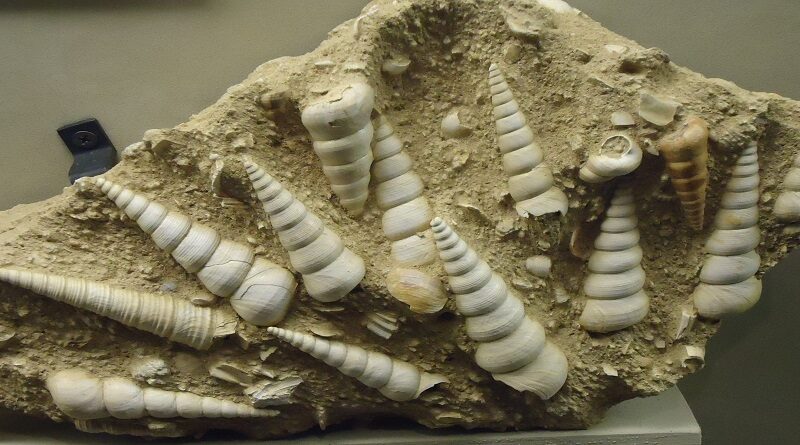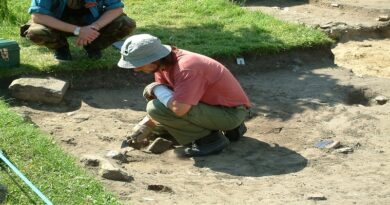Postgraduate courses is Archaeology
If you have a love for history and want to look closer at artefacts of historical interest, you could be a great archaeologist.
Did you know the first known archaeologist is King Nabonidus. He discovered and analysed a foundation deposit of the Akkadian Empire around 550 BCE.
That is where the world of archaeology really started and as a result has become a major area of research. If you’re looking to take your career in this area, you’ve come to the right place!
What is archaeology?
Archaeology is the study of ancient and recent human past through material remains. It analyses physical remains of the past in pursuit of a broad and comprehensive understanding of human culture.
What does an archaeologist do?
As an archaeologist you may work an average of 37.5 hours a week. Typically you will work Monday to Friday but there may be times you will have to work weekends or evenings to meet deadlines. There is also the opportunity to work part-time in some organisations. The day to day duties of an archaeologist may include:
- Excavate, date and interpret objects and sites
- Use multiple methods to find suitable sites
- Use technology/computer programmes to record information and produce simulations of how findings may have looked in the past
- Document and preserve findings
- Report writing
- Produce and record photographic, drawings and electronics databases
- Guide and oversee other staff
- Interpret and analyse data
- Mathematical, statistical and computational modelling
- Assist building developers in assessing planning applications
- Present findings
Courses
There are many courses on offer in the area across the UK. Some courses offer the opportunity to study either part time or full time. Universities may have certain restrictions in place due to Coivd-19 and may offer courses online. Courses available include:
Classical Archaeology
These courses undertake an advanced study of the archaeology, history and cultural legacies of Ancient Greece and Rome. Students will look at classical culture within the broader context of the ancient Mediterranean world and will learn how to use material culture to gain a better understanding of ancient societies. Students will also gain the relevant skills to work in the field. Key focuses include major techniques, principle bodies of evidence and research themes and concepts in order to understand how archaeologists carry out critical archaeological research.
Historic Building Conservation
Postgraduate courses in historic building conservation will allow students to look at strategic analysis as well as gaining a knowledge of core techniques in the field. Students will gain skills and knowledge to add to their career including knowledge of law, policy and regulation frameworks that apply to heritage buildings in the UK and Europe. Other focuses include regeneration and conservation of historic environments as well as defects, pathology, repair and renewal. Specific content may differ from course to course.
Other courses available in this area include History of Art and/or Archaeology, Forensic Archaeology and Genocide Investigation and Archaeological Specialist to name just a few.
Entry requirements
Entry requirements may differ from course to course or university to university. Therefore, it is important to research your specific course in detail to ensure you meet the entry requirements. As these courses are postgraduate courses, you will need a bachelor’s degree. Some courses may accept a 2.2 degree while others will require a 2.1. A degree in a relevant area is preferred but not always necessary.
Job options
Some job options relevant to this area include:
- Archaeologist
- Academic researcher
- Museum education officer
- Museum/gallery worker
- Conservation officer
- Heritage manager
- Conservator
- Education
Potential employers
Potential employers in this area may include:
- Archaeological contractors
- National heritage agencies
- Local government
- University archaeology departments
- Independent archaeology consultant
Salary
The salary of an archaeologist may differ depending on where they work and their experience in the field. It is believed the starting wage for an archaeologist is between £19,800 – £20,900. As experience increases you may earn between £29,000 – £31,000 while at senior level you may earn anything from £36,500 – £40,200. All figures are based on estimates and are intended to be used as a guide only.
Skills and requirements
Skills and requirements helpful in this area include:
- Excellent communication skills
- Excellent writing skills
- Critical thinker
- Ability to work well with others
- Attention to detail
- Strong interpersonal skills
- Perseverance
- Patience
- Stamina
- Active learner
- Hard working
- An interest in history
- Good IT skills
- Flexible in relation to location
- Presentation skills




